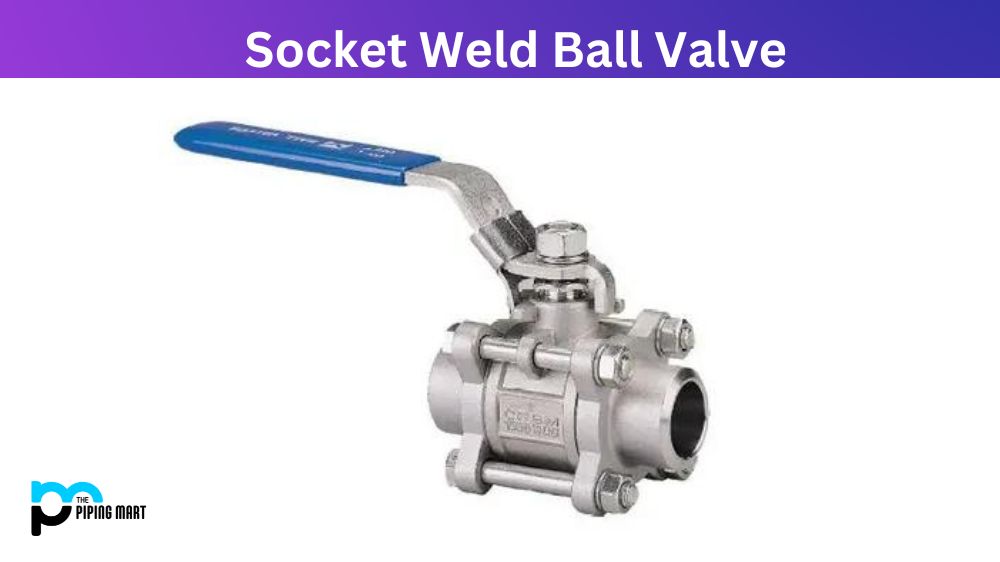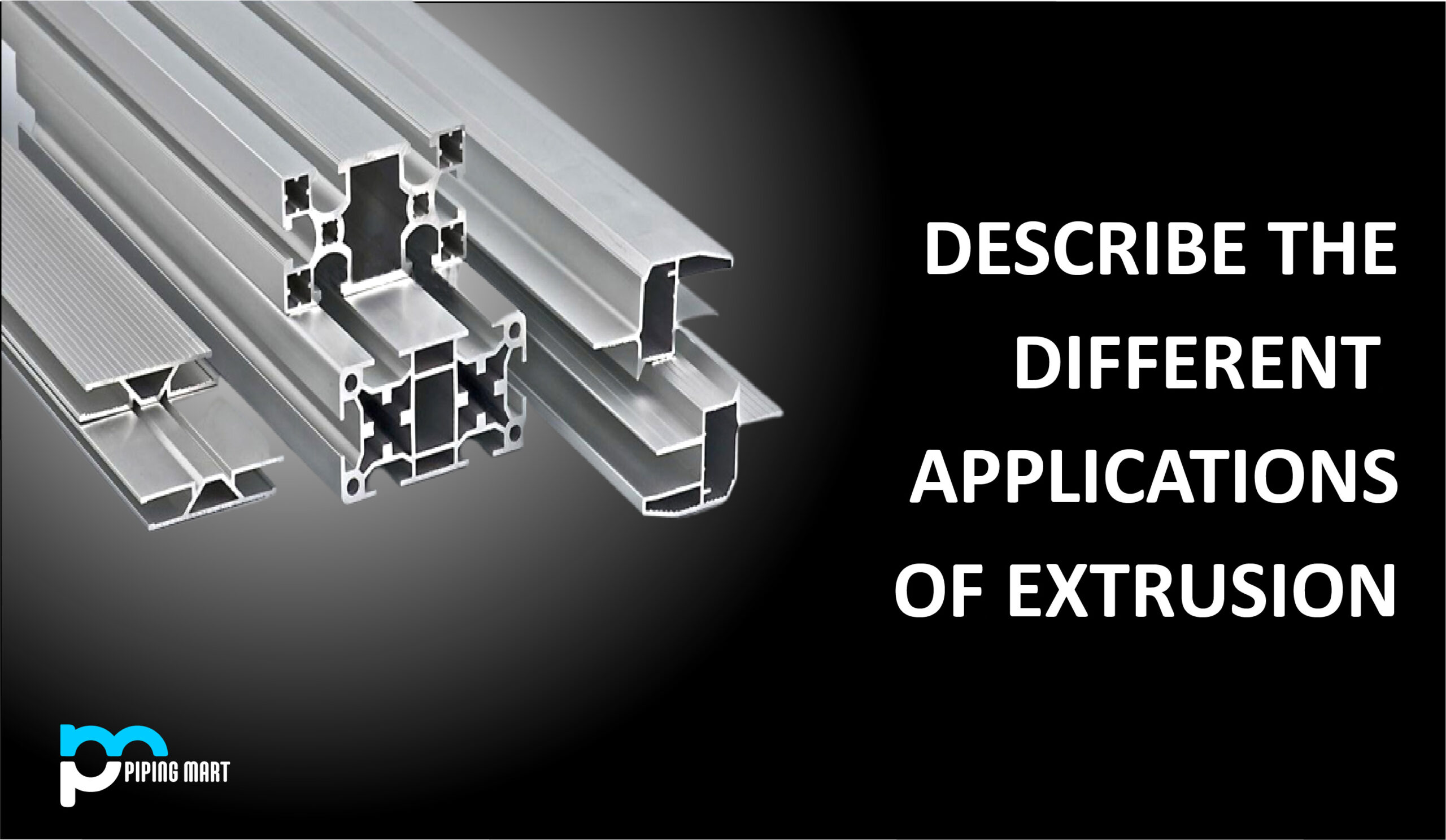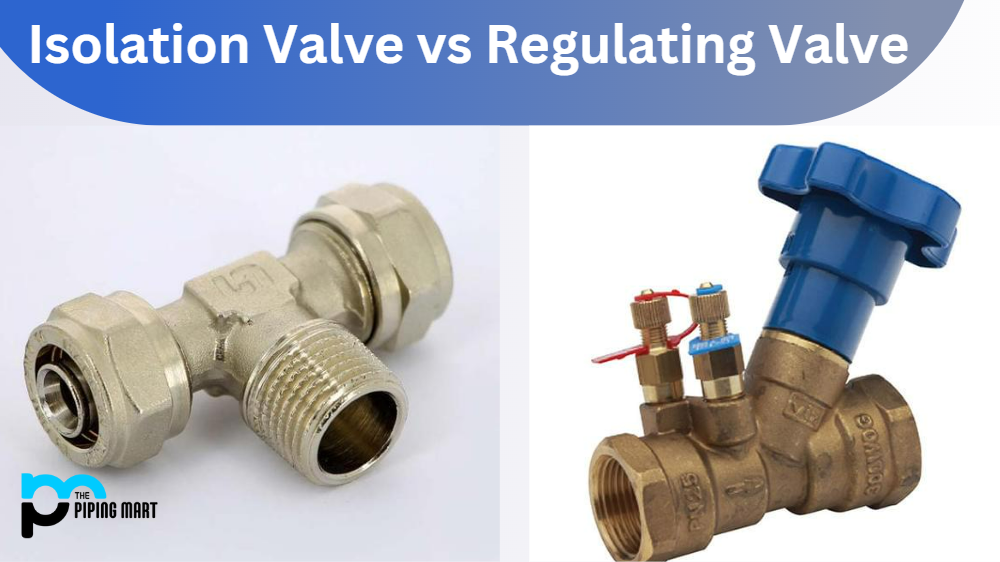When it comes to choosing the right valve for your commercial or industrial application, there are various options you can consider, including the socket weld ball valve. This type of valve has become increasingly popular over the years, but like any other product, it has pros and cons. In this blog post, we will explore in detail the advantages and disadvantages of socket weld ball valves to help you make an informed decision for your specific needs.
Advantages of Socket Weld Ball Valve
Durability: One of the primary advantages of socket weld ball valves is their durability. These valves are made from high-grade materials like stainless steel, making them more resistant to rust, corrosion, and other damage caused by harsh working environments.
High Flow Capacity: Another significant advantage of socket weld ball valves is their high flow capacity. The ball in the valve can rotate 90 degrees, allowing for a full-bore opening that reduces the pressure drop across the valve, making it more efficient at controlling the flow rate.
Easy to Maintain: Socket weld ball valves are simple to maintain, making them popular in several industrial applications. The design of these valves makes it easy to access and clean out the internal parts without dismantling the entire valve.
Versatile Applications: With their excellent performance benefits, socket weld ball valves can be used in several industrial applications, ranging from chemical processing to petroleum refining.
Disadvantages of Socket Weld Ball Valve
Higher Cost: The initial cost of socket weld ball valves can be higher than other valve types, which could disadvantage those working within a tight budget.
Limited Temperature Range: Another disadvantage of socket weld ball valves is the limited temperature range for which they can be used. These valves may not be the best option for extreme heat or cold processes.
Limited Pressure Range: Socket weld ball valves may not be suitable for applications requiring high pressure because they are more prone to leakage.
Size Limitations: Some applications may require larger valve sizes than those available for socket weld ball valves. In this scenario, another type of valve may need to be used.
Conclusion:
Socket weld ball valves are a popular choice for industrial applications due to their many advantages, including durability, high flow capacity, and ease of maintenance. They are also versatile, making them suitable for several industry sectors. While there are a few disadvantages, like higher costs and limited temperature and pressure ranges, the benefits outweigh the cons. By understanding these advantages and disadvantages, you can decide whether socket weld ball valves are the right valve type for your industrial application needs.

Meet Bhavesh, a seasoned blogger with a wealth of knowledge and experience. From metal products manufacturing to retail, Bhavesh has a diverse background in various industries and is dedicated to sharing his insights and expertise with readers.




